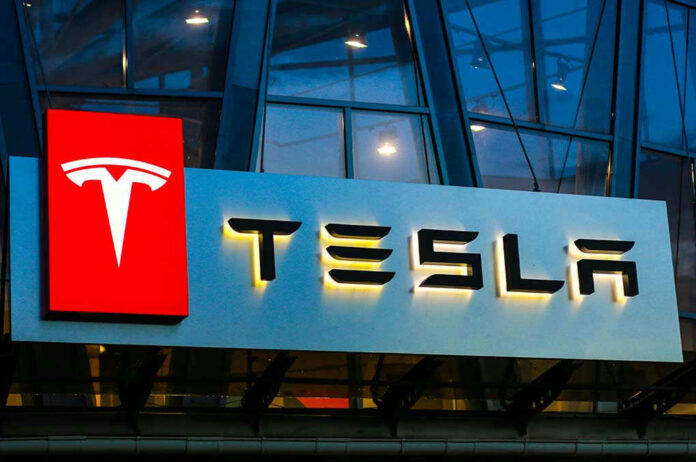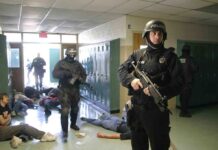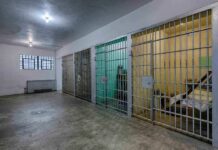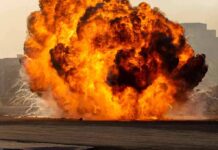
Elon Musk’s decision to disband Tesla’s Dojo supercomputer team marks a significant shift, raising questions about the company’s future in autonomous technology.
Story Highlights
- Tesla disbands its Dojo supercomputer team, a key player in AI development.
- The project leader’s departure signals strategic shifts within Tesla.
- Potential delays in Tesla’s autonomous driving advancements.
- Speculation about Tesla’s move towards external partnerships for AI.
Elon Musk’s Strategic Shift
On August 8, 2025, reports surfaced that Tesla was disbanding its Dojo supercomputer team, which had been central to the company’s AI efforts for autonomous driving. The sudden move, confirmed by Bloomberg Technology on August 9, is a clear indication of internal challenges or a strategic pivot by Tesla. The departure of the team’s leader further underscores the significance of this decision, likely reflecting broader strategic or financial considerations within the company.
The Dojo project, announced by Musk, was a custom-built supercomputer designed to process vast amounts of video data for training Tesla’s Full Self-Driving (FSD) AI models. It was seen as a flagship initiative, positioning Tesla to surpass competitors by using proprietary hardware and software. However, the abrupt halt of this high-profile project raises questions about the future of Tesla’s driverless vehicle ambitions and AI strategy.
Implications for Tesla’s AI Strategy
Tesla’s decision to dismantle the Dojo team has immediate repercussions on its AI development pipeline. Short-term impacts include disruptions to ongoing projects and potential delays in product releases or feature rollouts. In the long term, Tesla may shift towards partnerships, outsourcing, or adoption of third-party AI hardware, which could impact the company’s reputation and its ability to deliver on ambitious technology promises.
Industry experts speculate that Tesla might benefit from focusing on software advancements and leveraging external hardware developments rather than maintaining costly in-house projects. This strategic shift could also embolden competitors using off-the-shelf AI solutions and shift industry focus towards collaboration with established AI and chip companies.
Broader Industry Impacts
The disbandment of the Dojo team may have broader implications for the automotive sector and AI hardware projects. Tesla’s move could lead to increased skepticism about the feasibility of in-house AI hardware projects and might influence other automotive companies to reconsider their strategies. Additionally, Tesla’s shift could enhance the role of established AI and chip companies in the autonomous vehicle industry, potentially leading to new partnerships and collaborations.
Elon #Musk Disbands #Tesla’s #Dojo Supercomputer Team, Upending #AI Efforts #DensityAIhttps://t.co/3Ot9ZMVI53
— U.S. Business Report (@USBizReport) August 10, 2025
Despite the uncertainty, Tesla’s decision reflects the immense technical and financial challenges of building custom AI hardware at scale. As of now, no official statement from Tesla or Elon Musk has been made, leaving analysts and stakeholders to speculate on the company’s next steps in its AI journey.
Sources:
Bloomberg Technology, “Tesla Disbands Dojo Supercomputer Team,” August 9, 2025.
Bloomberg Technology, Video Report, August 8, 2025.












